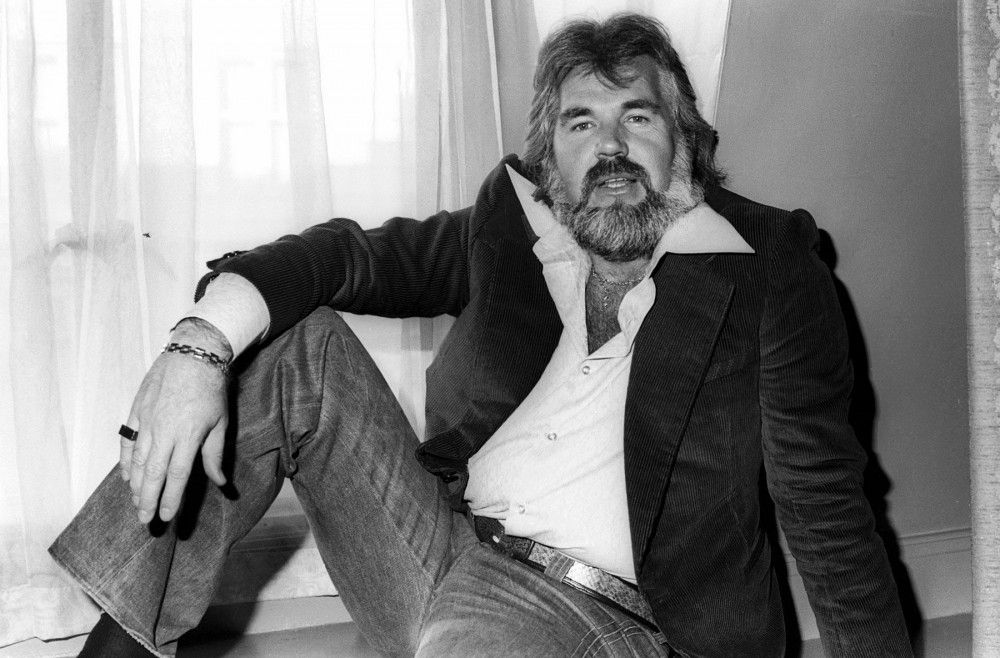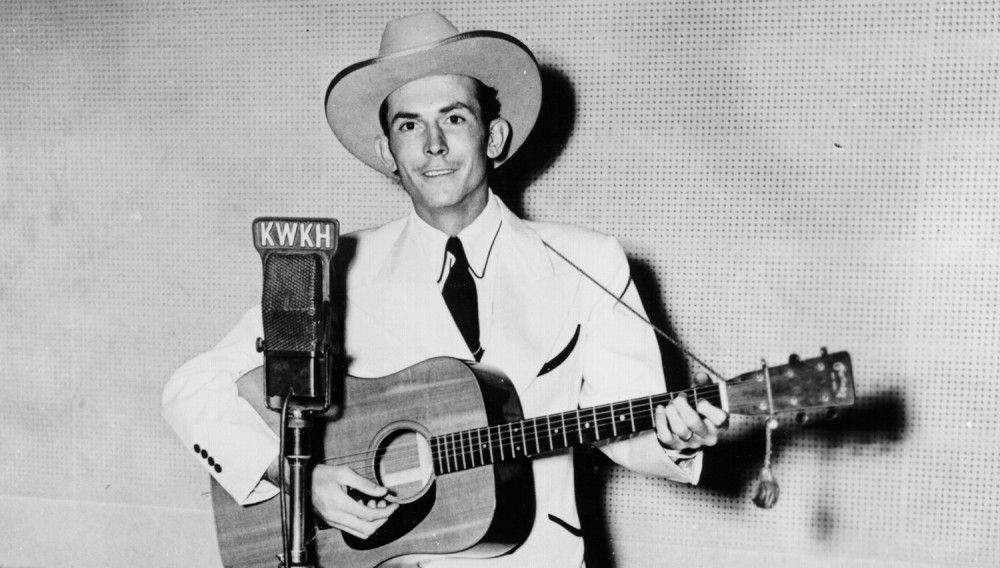
Farewell, Kenny Rogers: If You're Gonna Play the Game, Boy, You Gotta Learn to Play It Right
always knew when to hold them, when to fold them, when to walk away, when to run. The beloved country-pop stud died Friday night at 81, after a career full of hits that defined his silver-fox mystique. Kenny was barely north of 40 when he sang his signature song, “The Gambler” in 1978, but he came on like a grizzled old sage who’d seen it all. His hits were full of sensually growled wisdom: walk away from trouble when you can, don’t fall in love with a dreamer, never count your money when you’re sitting at the table. At a bleak moment for the world, Kenny’s career stands as a reminder of how pop music’s communal pleasures can be a light in dark times. He truly decorated our lives.
It’s tough to choose just one highlight of K-Hova’s great career, but you have to go for his 1983 duet with Dolly Parton “Islands in the Stream,” written by the Bee Gees. It’s the ultimate in middle-aged chemistry, a couple of frisky seniors who can’t keep their paws off each other and don’t care who knows it. The way they purr those “ah haaah”’s. The way Kenny leers the weirdly erotic metaphor: “I set out to get you with a fine-tooth comb.” Last fall, I saw two friends karaoke it minutes after their wedding, and “Islands in the Stream” felt like the ritual that made the marriage official. No wonder Eighties kids presumed these two must be a couple. Nope — just pals. As he told Rolling Stone in 2014, “We just flirted with each other and loved every minute of it.”
Kenny’s career has a load of surprising parallels with Leonard Cohen: They both aged so well because they never really sounded young. Kenny wasn’t quite convincing as a Sixties hippie, despite his psychedelic bubblegum hit “Just Dropped In (To See What Condition My Condition Was In).” He didn’t become a bona fide star — the Kenny Rogers we all knew and loved — until his 1977 breakthrough “Lucille.” It was a shock to hear “Lucille” on Top 40 radio at the time — this was a gruff adult, not a kid, and this was no romantic love ballad. Kenny picks up a woman at a sleazy Toledo bar, right in front of her husband, who sings the chorus: “You picked a fine time to leave me, Lucille / With four hungry children and a crop in the field.”
Kenny shrugs it off, orders more whiskey, takes Lucille to a motel, but finds he can’t, ah, perform because he’s haunted by her ex’s words. This grim little tale did not resemble anything else on the radio at the time, and it was a sensation. I was surprised my parents liked it; they were surprised I liked it. My sisters and I spent countless hours arguing whether it was “four hundred children.” This guy had been around — his current album was called Ten Years of Gold — but as far as the pop audience was concerned, “Lucille” was a debut from a new voice.
Kenny got the message — after that, his songs were big on plots, big on mid-life drama, big on world-weary perspective. When he sang love ballads, they were about weathered couples: “You Decorated My Life,” “Through the Years,” “Love the World Away.” He made TV movies based on The Gambler and Coward of the County. He also made the 1982 Six Pack, as a stock-car racer who adapts a wacky crew of orphans, including Diane Lane, with one of his best hits, “Love Will Turn You Around.” His 1983 Eyes That See in the Dark — source of “Islands in the Stream” — is an underrated gem; it was clearly a huge influence on Leonard Cohen’s career-changing synth-pop makeover on his 1988, I’m Your Man.
Like everyone else in the Eighties, Prince was a fan; he wrote a song for him, “You’re My Love,” which Kenny sang on his album They Don’t Make Them Like They Used To. Kenny was a hip-hop fan — as he told Rolling Stone in 2001, “Rap is communication. It’s the ultimate story song.” The respect was mutual. Bone Thugs N Harmony turned “The Gambler” into one of 1999’s biggest, best, and weirdest rap hits, “Ghetto Cowboy,” chanting, “You better count your money” over the harmonica loop.
Kenny and Dolly kept it real to the end, as in their excellent 2013 duet “You Can’t Make Old Friends.” He specialized in singing with tough women like Dottie West (“Every Time Two Fools Collide”) or Kim Carnes (“Don’t Fall In Love With A Dreamer”), though even a fan like me has to admit he and Sheena Easton bit off more Bob Seger than they could chew in “We’ve Got Tonight.” But he sounded right in sync with Paul Simon — “life, the greatest gift of aaaall” — in “We Are the World.” “Some of the highlights of my life were the duets,” he told Rolling Stone. “I sing better on duets than I do by myself.”
My personal favorite Kenny moment might be his Song of the Year medley at the 1980 Grammys — a surreal seven-minute duet with Donna Summer. They begin with “Reunited,” then segue into all the nominees: “I Will Survive,” “What a Fool Believes,” Billy Joel’s “Honesty,” Kenny’s own “She Believes in Me.” Donna looks miserable, but Kenny’s having the time of his life. He can’t keep a straight face when he blows the high notes in Earth, Wind and Fire’s “After the Love Is Gone.” But he reaches peak Kenny Smoothness when he croons the yacht-rock soul of the Doobie Brothers’ “Minute by Minute.” It sums up everything that made him Kenny Rogers.
His death comes at a strange, scary, and confusing time for the world, when many of us feel trapped in our quarantine isolation chambers. (Hearing Dolly and Kenny sing “this could be the year for the real thing” in 2020 is…a lot.) So it’s the perfect moment to celebrate his career as an example of how pop thrives on shared public joy. Kenny was the epitome of a star who belonged to everyone. Hell, even the Replacements’ Paul Westerberg cited What About Me as one of his favorite albums of 1984.
Despite the sad news of his passing, he inspired the cheeriest group-text conversations I’ve had all week — it turns out everybody in my family has a different favorite Kenny hit. For him to pass right now — he really did pick a fine time to leave — is a salutary reminder of how even the most tril-seeming pop music can bring people together at times when it’s badly needed. We need that Kenny energy now more than ever. Just like the Gambler, even at the end, Kenny Rogers left us with an ace to keep.



